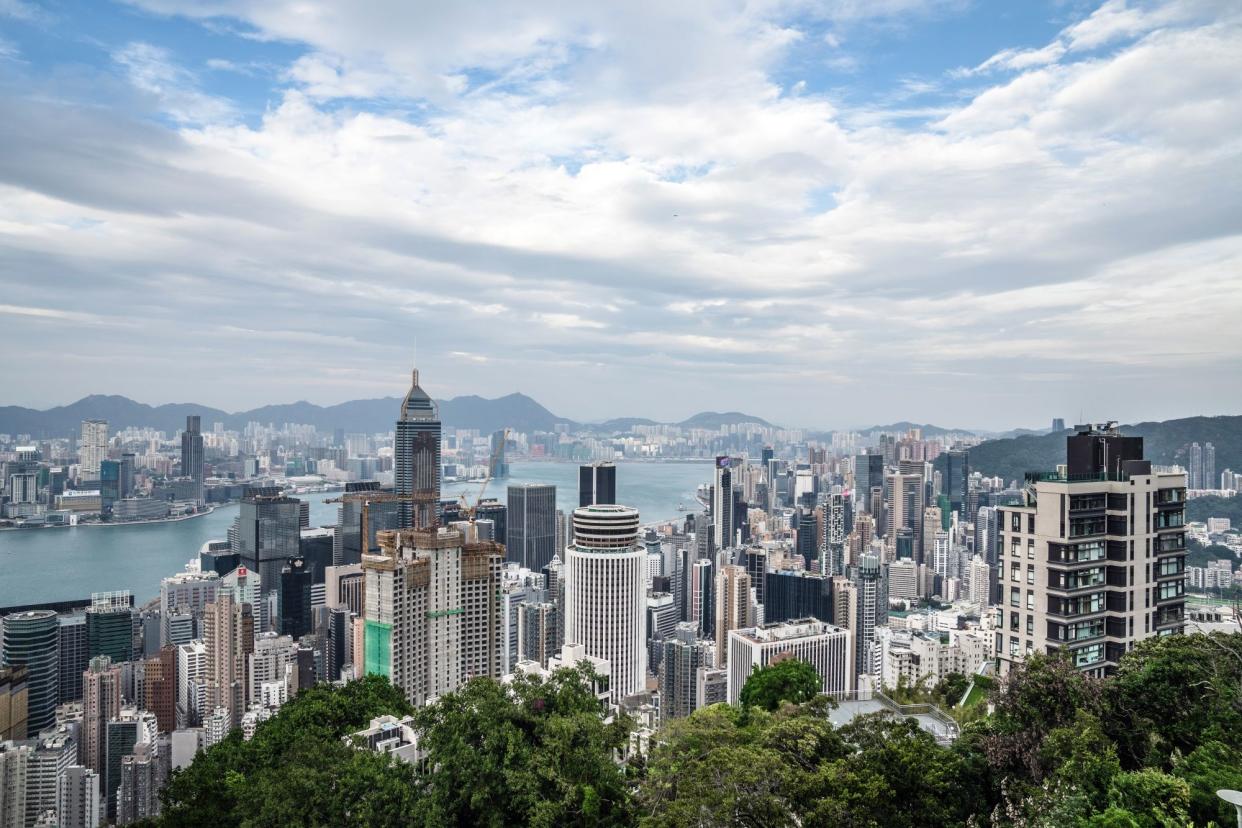China Lets Hong Kong Rule on Overseas Lawyers in Security Cases

(Bloomberg) -- Chinese lawmakers said Hong Kong courts should get approval from the city’s leader or an oversight committee before an overseas lawyer takes part in national security cases.
Most Read from Bloomberg
China’s Foreign Minister Says ‘Deeply Impressed’ With Americans
Ukraine Latest: Strike Kills 63 Russian Troops in Occupied Town
The Standing Committee of China’s legislature made the decision when it interpreted two articles of the city’s national security law, the official Xinhua News Agency reported Friday.
Hong Kong Chief Executive John Lee said at a briefing later that he appreciated the decision, adding: “We welcome overseas lawyers to practice in cases not related to national security, so we are confining this to cases related to national security.”
This marks the first time that the National People’s Congress has amended the security law since Beijing imposed it on the former British colony more than two years ago. Lee requested the intervention in November, after the city’s highest court affirmed media mogul Jimmy Lai’s right to hire a UK-based lawyer to represent him in his upcoming foreign collusion trial.
Revisions to Hong Kong law have accelerated in recent years as Beijing moved to quash a pro-democracy movement that challenged President Xi Jinping’s government with historically large and sometimes violent protests in 2019. Besides handing down the security law without local debate in June 2020, the NPC also ordered changes to Hong Kong election laws in March 2021 that blocked most opposition candidates from seeking office.
The NPC Standing Committee has issued five “interpretations” of Hong Kong’s Basic Law — often called it’s “mini-constitution” — since its return to Chinese rule in 1997. The last such edict was handed down in November 2016, when the body barred politicians with separatist views from holding office, prompting a purge of some newly elected lawmakers.
An intervention to bar overseas lawyers risks discouraging the city’s judges from challenging government demands on politically charged cases, since it overrules a decision by Hong Kong’s constitutional court. Tam Yiu-chung, Hong Kong’s sole representative on the NPC Standing Committee, suggested shortly after the initial ruling that defendants in security cases who failed to find local lawyers could even find their cases transferred to Chinese courts.
Hong Kong Bar Association Chairman Victor Dawes had urged China to interpret the security law only sparingly and instead leave the responsibility to local courts. The sweeping security law bans secession, subversion, colluding with foreign forces and terrorist activities, leading to the arrest of more than 200 people.
Lai, 75, is arguably the highest profile defendant still fighting charges brought under the law, which also limits defendants’ access to bail and jury trials. The one-time media mogul, who prosecutors say colluded with foreign countries by seeking international sanctions against Hong Kong and China, faces a possible life sentence if convicted.
Lai brought in London-based lawyer Timothy Owen, who has appeared in several high-profile cases in Hong Kong, to aid in his defense. Owen’s clients have included Rurik Jutting, a former banker convicted of murdering two women in his Wan Chai apartment in 2014.
--With assistance from Foster Wong and Lin Cheng.
Most Read from Bloomberg Businessweek
No-Honking Days and Noise Barriers Aim to Quell Mumbai’s Cacophony
Family Trips to Jamaica Were Early Economics Lessons for New Boston Fed President
Futuristic Vertical Farming Startups Are Struggling in the Tech Downturn
©2022 Bloomberg L.P.


